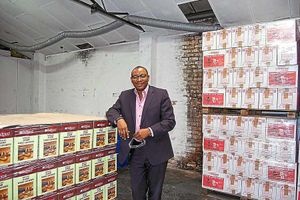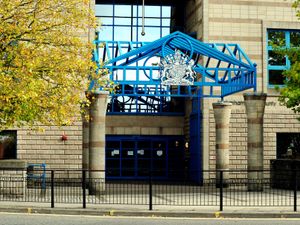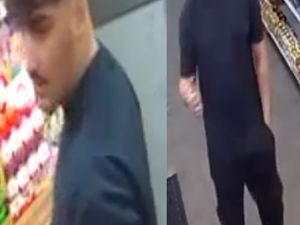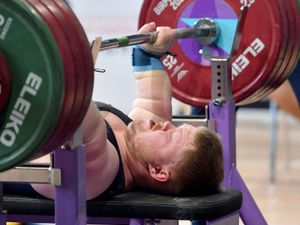New funding helps Soligard to export
It is one thing having a good idea, but actually grasping that opportunity often depends on obtaining enough working capital.

Before he found UK Exim and ArchOver, that was the problem facing Nigerian born Paul Udenze.
He and his partner Charles Nwachukwu formed Oldbury-based BritChem Products UK, trading as Soligard GB, to export British products to Nigeria, but soon found that the products were too expensive for the African market.
Says Paul: "We needed to find a balance between quality and price, the segment of the market we targeted just wanted products that did the job at affordable prices. So we decided to go for something slightly lower in quality that would be unsuitable for this country, but better than anything that could be obtained in Nigeria.
Its first real success was recycled thinners. In the UK, thinner is often used for washing pharmaceutical plant and other machinery, so it does not get mixed with paint. It has to be collected and recycled, but only 50% recycled thinner can be used for the next wash. The other half is a waste product as far as this country is concerned, but Soligard GB takes it and sells it in Nigeria and other West African countries where it is still better quality than the alternative products.
Its current product lines are clear wood lacquers, automotive clear coats, thinner and solvents, which it is now also aiming to also sell to number of East African countries through local contacts.
Unfortunately, while the business plan was sound, Soligard GB hit two problems.
The first, which affects many companies, was a lack of working capital to cover the gap between having to pay out for materials to receiving payment for the finished product.
However, in Soligard GB's case, this period was hugely extended because of the distance, delays getting through ports and other issues. It can take up to 120 days after production before Soligard receives any money, while it has to pay its suppliers on 30 days terms.
The traditional method of obtaining finance to close this gap, would be through a bank loan, invoice discounting or factoring, where around 80% of each invoice is paid, by a factoring company, when it is raised and the final 20% handed over when the invoice is paid; all in exchange for a fee.
However, because Soligard GB had a single in-house distributor in Nigeria it had few invoices and, effectively, only one name on its debtor book and discounters prefer to spread the risk over as many debtors as possible.
"We were getting nowhere," says Paul, "until we met UK Exim's ceo, Mark Runiewicz, who seemed to be the only person who understood what our business needed.
"Mark found a way around all the problems by paying our suppliers directly, to be paid back by us when we receive payment. UK Exim's investment is secured on the raw materials and products that it owns until the payment is received."
Soligard GB is just one of the export companies UK Exim is helping in this way, with finance provided through ArchOver, the crowdlending specialist. Crowdlending, or peer to peer lending, is an alternative form of finance, which allows those with money to lend it directly to those who need it, with no hassle and no personal guarantees.
Thanks to this help from UK Exim and ArchOver, Soligard GB's business is now turning over its target figure and is in profit to the point that it is now looking to financing its own working capital, but it is now discussing finance to fund its expansion plans.




